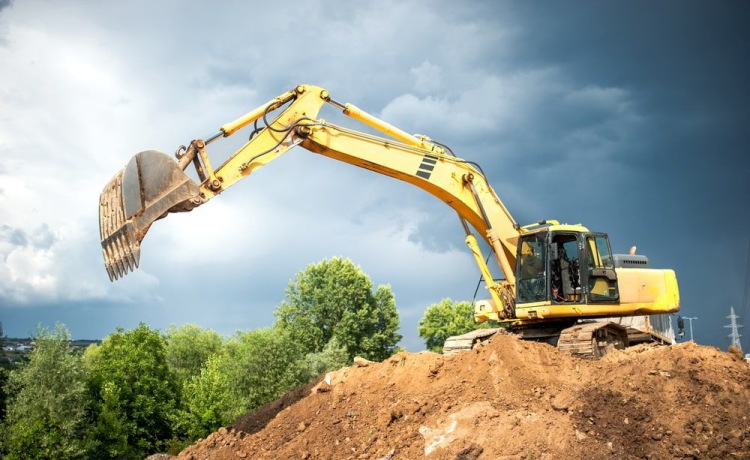Excavation is a critical first step in many construction projects, from residential homes to large commercial developments. Hiring the right excavating services can set the tone for a successful project, ensuring that the site is properly prepared for the next stages of construction. Here’s what you need to know about hiring excavating services and how to ensure a smooth process.
Understanding Excavating Services
Excavating services involve more than just digging; they are a comprehensive part of the site preparation process. Excavation typically includes clearing the land, digging foundations, trenching for utilities, grading the site for proper drainage, and removing debris. The purpose of excavation is to create a stable and level surface that meets the specifications for construction.
Excavating contractors use various equipment, such as bulldozers, backhoes, and excavators, to perform these tasks efficiently. Their expertise ensures that the foundation of your project is solid, and they help with earth moving to create the necessary terrain for the structure to be built.
Key Factors to Consider When Hiring Excavating Services
When selecting an excavating service for your project, it’s important to assess the company’s experience, equipment, and reputation. Here are the key factors to consider:
1. Experience and Expertise
Excavating requires specialized knowledge of the terrain, soil types, and construction requirements. It’s crucial to hire an experienced contractor who understands how to assess the land and perform excavation tasks according to the project’s needs. Be sure to ask about their experience with similar types of projects, whether residential, commercial, or industrial.
2. Proper Equipment
Excavation services rely on heavy machinery, which should be well-maintained and up-to-date to complete the job efficiently. Inquire about the types of equipment the company uses and ensure it is suitable for the scale and specifics of your project. The right equipment can make a significant difference in the quality of work and the time required to complete the excavation.
3. Insurance and Licensing
Make sure the excavating contractor is properly licensed and insured. Excavating is a risky job that involves heavy machinery and the potential for accidents. To protect yourself and your project, confirm that the contractor holds the necessary insurance to cover any damage or injury that may occur during the excavation process.
4. Project Timelines
Excavating services play a crucial role in meeting your construction project deadlines. Discuss the timeline for excavation work to ensure it aligns with the overall schedule. A reputable excavator will provide a clear timeline for completion and discuss any potential delays that might arise due to weather or other unforeseen factors.
5. Site Assessment
Before starting any excavation work, the contractor will need to assess the site. This includes evaluating the soil conditions, any underground utilities, and determining the best methods for excavation. Make sure the contractor conducts a thorough site inspection to prevent any surprises during the excavation phase.
The Excavation Process: What to Expect
Once you’ve hired an excavating service, the work will begin with a site survey to determine the scope of the excavation. Here’s a step-by-step look at what to expect during the process:
1. Site Clearing
The first step is clearing the site of any vegetation, debris, or structures that might interfere with the excavation process. This step ensures a clean area for excavation machinery to operate safely.
2. Excavation and Grading
Next, the excavation begins. The contractor will use heavy machinery to dig, move earth, and level the site to the required depth. Grading ensures that the land is evenly sloped, allowing for proper water drainage and a stable foundation for the construction.
3. Trenching for Utilities
If your project involves laying utilities such as plumbing or electrical lines, the excavating service will create trenches. This is an essential part of the preparation process, ensuring that your utilities are properly installed and accessible.
4. Compaction
After excavation, the soil is often compacted to ensure it’s stable enough for construction. This is especially important for foundation work, as the soil must be able to support the weight of the building without shifting over time.
Conclusion
Hiring the right excavating services is crucial to the success of any construction project. By ensuring that the contractor is experienced, insured, and well-equipped, you can expect a smooth and efficient excavation process. With proper excavation, your project will be on solid ground, ready for the next stages of construction. Always communicate clearly with your contractor and stay involved throughout the process to ensure that your vision is realized in a timely and cost-effective manner.
















